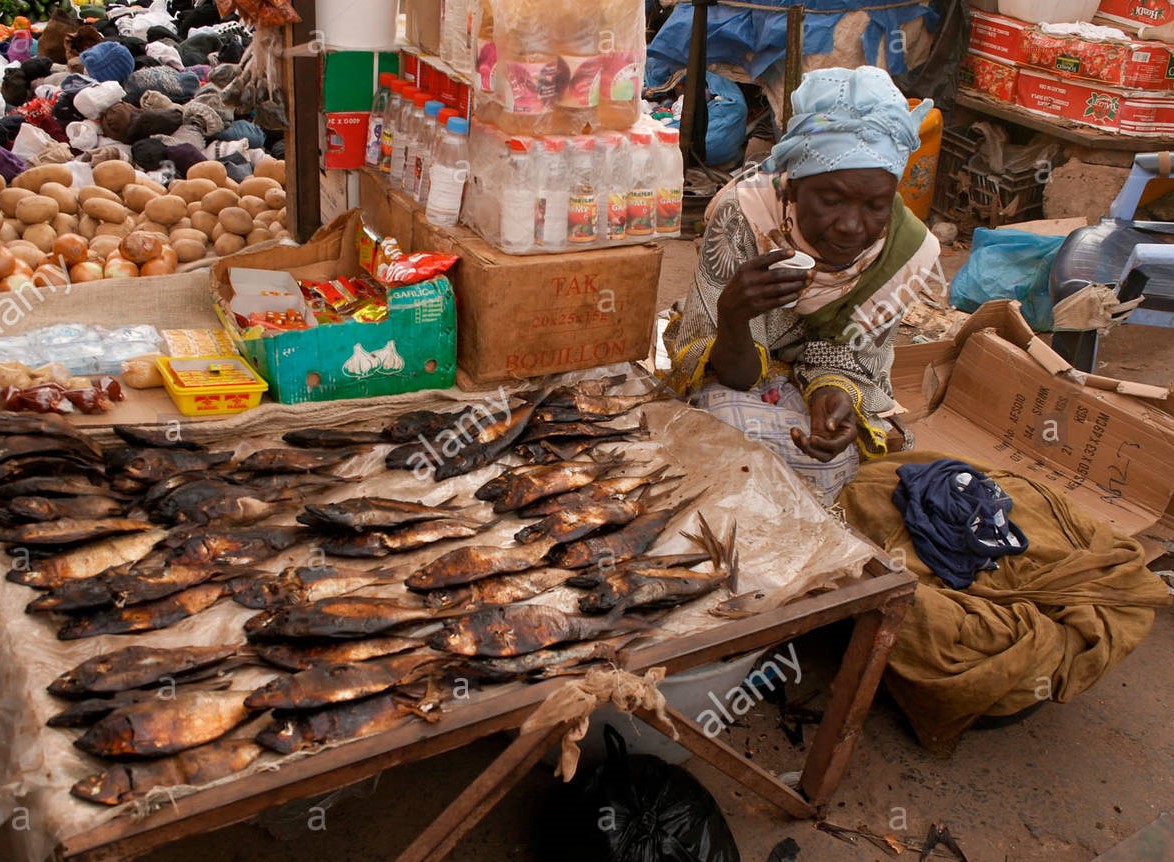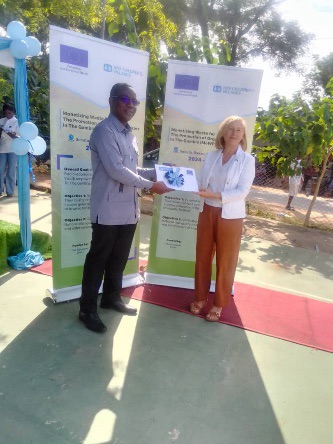Jah Oil Company is currently putting the finishing touches to its plan to import food commodities into the country.
The company has already built three warehouses at Bund Road in Banjul with a combined capacity of 150,000 metric tonnes of food commodities.
“This is unprecedented. Nobody has such a capacity in The Gambia even those, who have been doing this business, for decades. It’s already done. We are doing little finishing touches here and there but the structure is finished. The reason [ construction of warehouses] is that if you want to go for competition, you have to be ready. So, what we plan to do is we will bring big volumes of sugar and oil and hopefully we’ll be able to sell at a cheaper price,” the Managing Director of Jah Oil, Mr. Momodou Lamin Hydara, disclosed to The Voice in an exclusive interview.
According to Mr. Hydara, the idea is to import food commodities into the country and sell them at relatively cheaper prices to reign in food prices.
“We are going into food commodities next. We’ve been testing the food commodity market waters for some time now. What we used to do is we will buy from the importer and retail in our stores. But even that when they’re retailing at D500, we retail at D475, D480, and at most D490. This is what we’ve been doing. We always cut from our margin of profit and give it back to the consumers. This is our model. No one can take that from us. And anytime, we’re thinking about how to go bigger. It’s another sector[food commodities], where we will have lots of pushback. So, you have to get ready for it. To be ready for it, we said first things first. This is when we built three main warehouses at Bund Road in Banjul and these warehouses have a capacity of D150,000 metric tonnes of food commodities,” the Jah Oil MD explained.
Mr. Hydara further explained that the company’s decision to foray into food commodities has to do with rising food prices.
“The price of food is shooting up. It’s never flattened. So, we realized that this is something we need to invest in if we want to reign in food prices. We have heard the cries of Gambians and we said let’s go big on rice to see how we can sell it cheaper. Right now, as we speak, we have started our research and it’s just a matter of fine-tuning. Even before the end of this month, we can finalize and the ship will set sail for The Gambia. People will see the effect,” he stated.
For more on the interview, see page 8.





